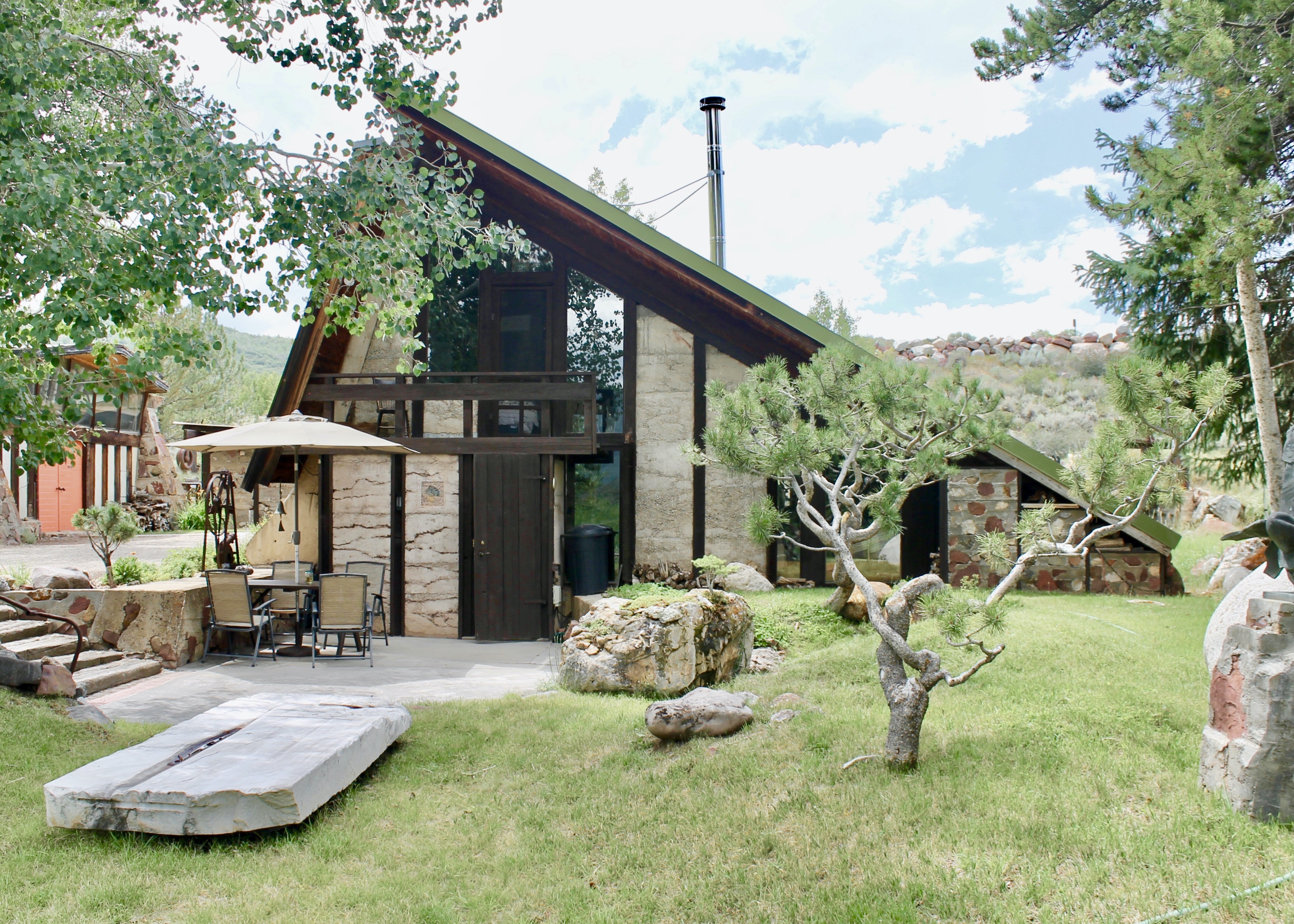National and State Register
Soldner Home and Studio
Pitkin County
The Soldner Home and Studio is a nationally significant place for its association with the life and work of renowned American ceramic artist Paul Soldner, known as the “Father of American Raku” for the Japanese-inspired ceramic technique he pioneered in 1960.
Soldner also pioneered the art of "extended throwing” with some of his pieces reaching heights of more than seven feet, and perfected the technique of low-temperature salt fuming, which added distinctive colors and textures to ceramic works. The Home and Studio is also significant for the complex of organic Modernist/Neo-Expressionist buildings and landscaping that Soldner designed and constructed to serve as a family home and art studio. Built of concrete, stone, wood and metal, much of it scavenged, he viewed the buildings as his largest sculptures.
The nomination for the Soldner Home and Studio was funded in part through a grant from the State Historical Fund.

